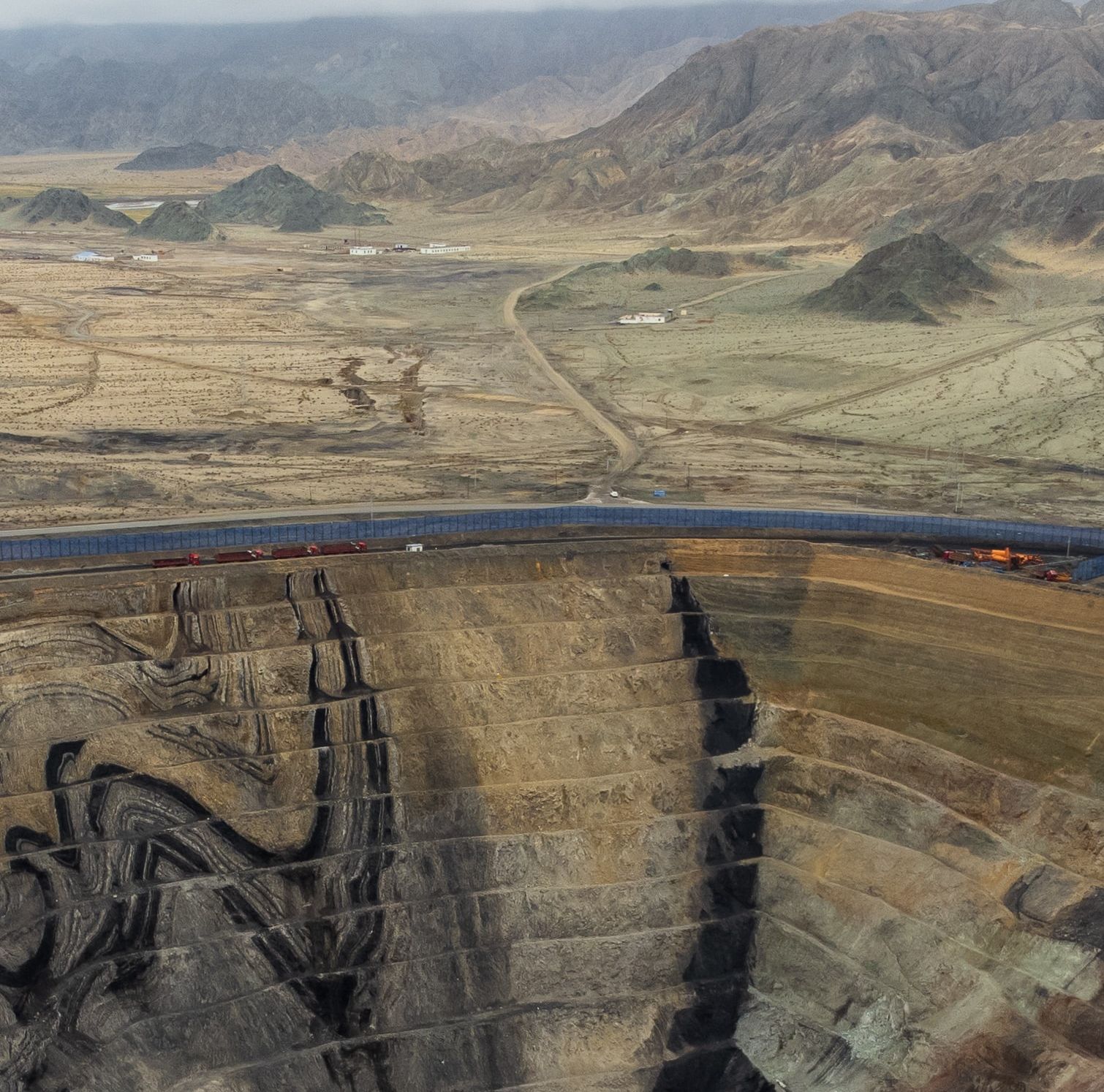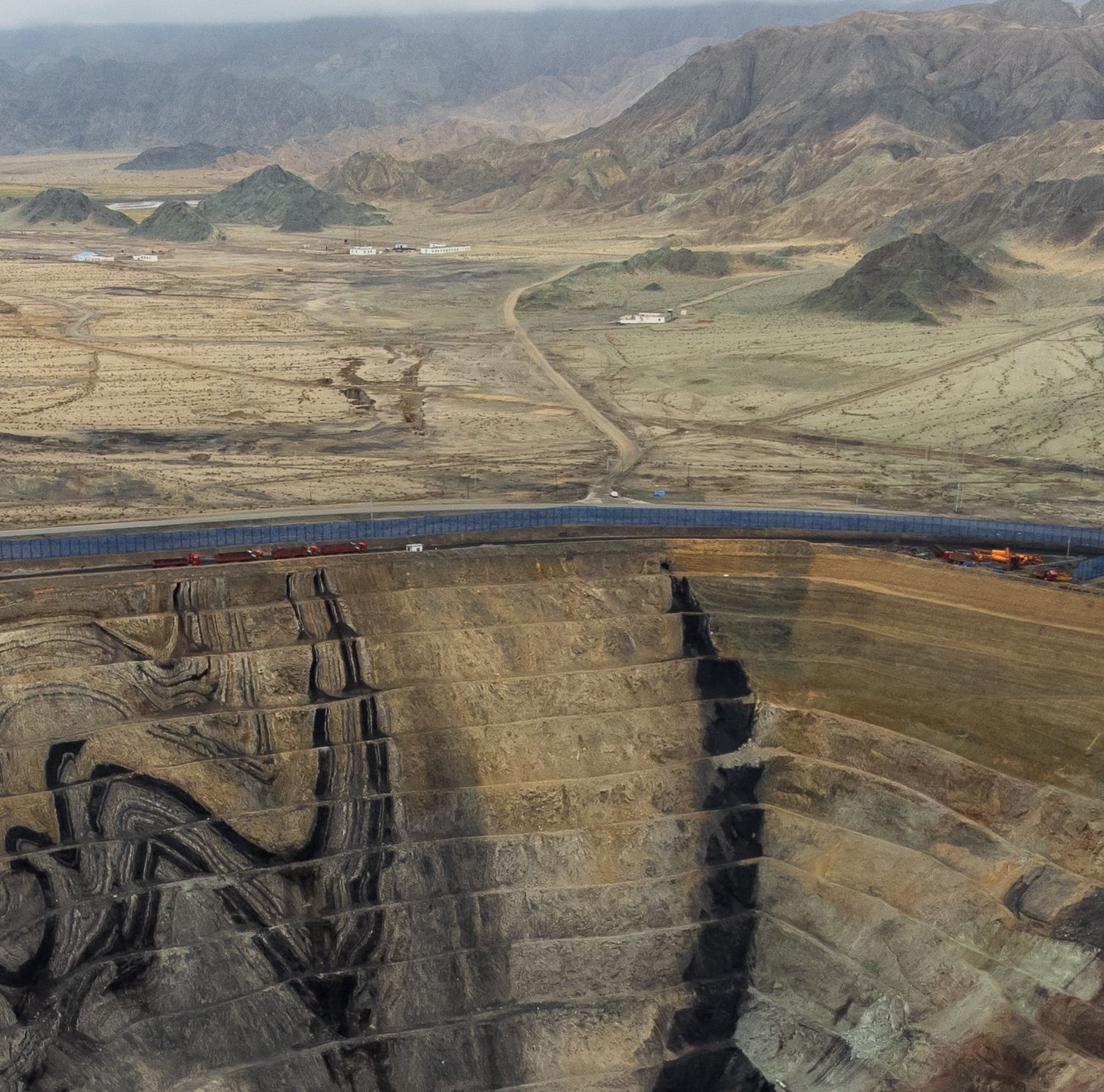China’s pursuit of growth threatens an ecological disaster

By Wouter Veening, President, IES
The Hague, 13 January 2023
In his Financial Times opinion piece on 3 January, Gideon Rachman states that “Halting China’s growth cannot be west’s goal”, but he omits to say that this growth is largely built on coal at home — China is the largest emitter of greenhouse gases in the world — and on extracting minerals and natural resources in an ecologically destructive and polluting way abroad.
Apart from the bribing of the often autocratic regimes of the countries involved and associated violations of human and labour rights, is this the kind of Chinese growth the west or the rest of the planet should want? Not only is China’s economic growth extremely harmful to the rest of the world, it is also an ecological disaster for itself.

A mining pit in Yuqia, Qinghai, China. Photo: Darmau Lee / Unsplash
Irreversible pollution of soils, groundwater, the drying out and erosion of China’s north, torrential rains and flooding in the west and south-west, the Three Gorges Dam at risk of collapsing with many smaller dams already having fallen apart, China’s future is bleak.
Instead of how to manage “the continuing rise of China”, as Rachman asks, we should better prepare for the demise of China — it is at the moment a giant on ecologically clay feet.
“Instead of how to manage ‘the continuing rise of China’ … we should better prepare for the demise of China — it is at the moment a giant on ecologically clay feet”.
The tragedy of China is that with 20 per cent of world population and only 7 per cent of the world’s fresh water reserves and 10 per cent of the world’s arable land, it has to frantically export to pay for the vital import needs resulting from these ecological fundamentals, but in doing so it further compromises these fundamentals and thus the economic and military production capacity at the basis of a truly great power. The fact that halting China’s growth in its current form is in the interests of the west, the planet and China itself, should not obscure the fact that to have a liveable future for the earth, all societies, including those of China and Russia, are essential partners.
In some cases, regime change would be highly desirable.
This article first appeared in the Financial Times on 11 January 2023.
© 2023 The Financial Times Ltd. All rights reserved.